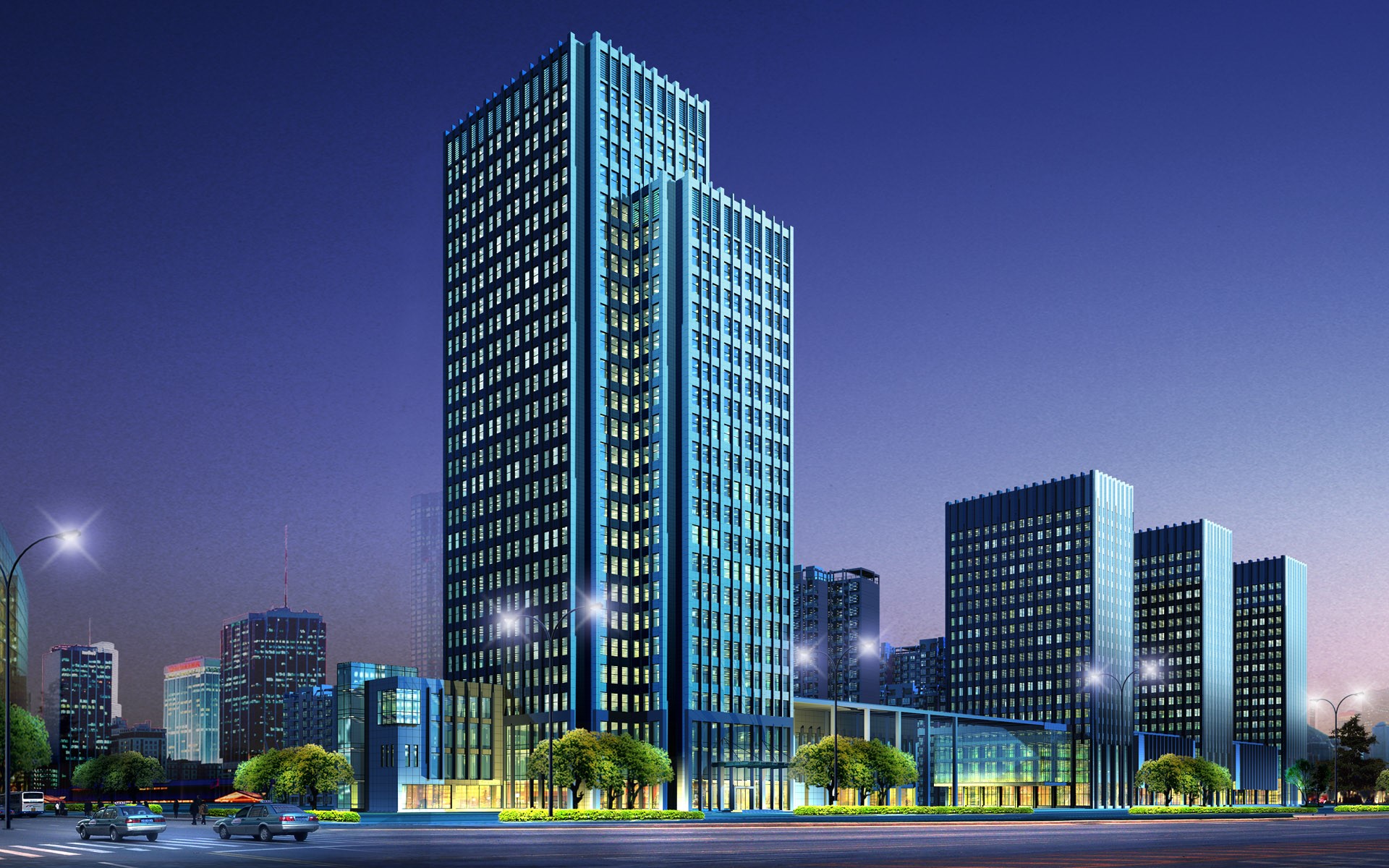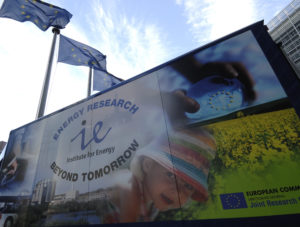The impacts of climate change are exasperating the living conditions of humans, forcing them to be adaptable, a trait that should be mirrored in the global building stock.
That is the view of construction giant AECOM’s sustainability director, and MBE, Ant Wilson, who claimed that buildings should be designed for “dismantling” to reduce the risk of being locked-in with outdated sustainability technologies that don’t cater for a changing climate and environment.
Wilson, who was speaking at Policy Connect’s ‘Built to Last’ event in Westminster last week (27 April), suggested that construction firms were building green projects without a broader understanding of how a “rapidly changing” climate would interact with these buildings.
“Climate change is accelerating and getting worse. I like the idea of maintainability and adaptability and, if we’re going to be resilient, we have to develop things when we’re not sure what is coming at us,” Wilson said.
“Things are rapidly changing because of climate change, impacts on market prices and temperature rises, there are all sorts of issues. Things are changing and we have to be the most adaptable people on this planet to evolve. We have to design buildings for dismantling. We need to be able to take them apart like Lego blocks and make them portable.”
Wilson alluded to Lord Stern’s recent remarks that he had “underestimated” the impacts of climate change, as an example of how companies were building to pre-determined climate standards that weren’t accurately reflecting on future climate trends.
According to Wilson, increased global temperatures had impacted a building’s ability to cool residents, because designs didn’t account for continuous ‘hottest years on record’. A similar approach was impacting ability to cope with rainfall and flooding and Wilson was concerned that policies weren’t enabling the sector to change.
Instead, Wilson implored companies to introduce design methods and technologies that were both scalable and dismantlable. This would enable the building to either expand or be relocated depending on its immediate environmental concerns. Full article HERE on Edie.net




